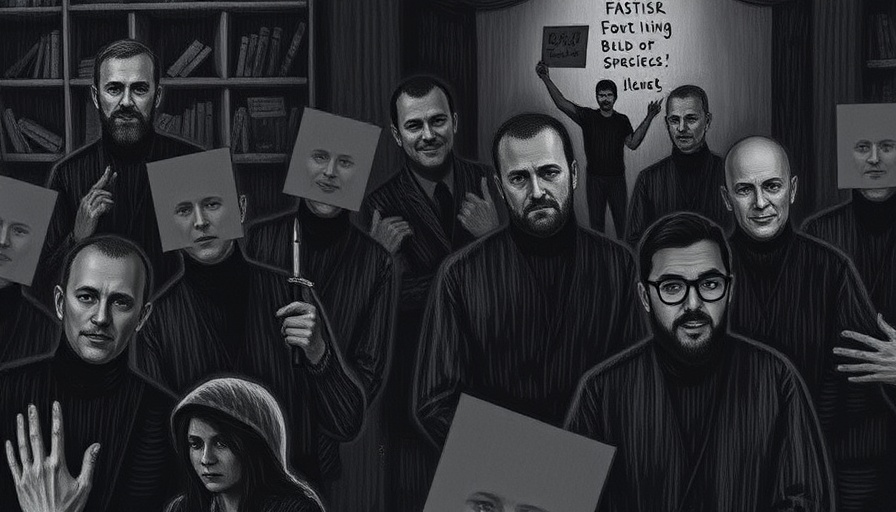
Understanding the Left's Framing of Free Speech
The ongoing discourse surrounding free speech in the United States is increasingly fraught with tension, particularly as figures like Vice President J.D. Vance advocate for its protection on global platforms. Vance's recent defense of free speech in Munich ignited a wave of responses from political critics who fear that such arguments serve as a guise for political extremism. Notably, his comments were met with claims that they echoed Nazi tactics—a conflation that raises questions about the true boundaries of free speech in contemporary discourse.
Historical Context and Background: The Weimar Experience
The debate mirrors historical precedents observed during the Weimar Republic in Germany, where free speech was both protected and, paradoxically, constrained. Article 118 of the Weimar Constitution assured free speech but allowed limitations under 'general laws.' This duality led to a complex relationship between state power and individual rights—a lesson that current American society must navigate carefully.
The Media's Role: Propagating Fear or Facilitating Discourse?
Media outlets like CBS have played a pivotal role in framing the narrative around free speech. Drawing parallels to the Nazi era, commentators insinuate that free speech could lead to genocide. Such assertions contribute to a climate where dissenting voices are not just questioned but actively vilified. This approach evokes fears that, rather than fostering robust dialogue, we are drifting towards a chilling effect on open discussion.
Counterarguments and Diverse Perspectives: The Right to Dissent
Critics of the narrative that links free speech to fascism suggest that suppressing dissent actually empowers extremist views. Historical data illustrates that societies thriving under the principles of free expression tend to cultivate environments where extremisms are openly critiqued, thereby countering hateful ideologies. The idea that free speech enables harm undermines the very purpose of democratic discourse—a dangerous assumption that can undermine the integrity of civil liberties.
Actionable Insights: Navigating Free Speech in the Modern Age
Engaging in meaningful conversations around free speech requires nuanced understanding. Individuals must separate legitimate concerns about hate speech from the broader imperative of securing the right to express varying viewpoints. Advocating for civil discourse encompasses protecting those who wish to voice dissent while holding accountable those who misuse their voices to incite violence.
 Add Row
Add Row  Add
Add 




 Add Row
Add Row  Add
Add 



Write A Comment